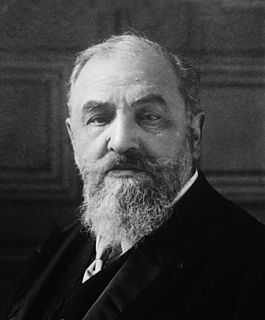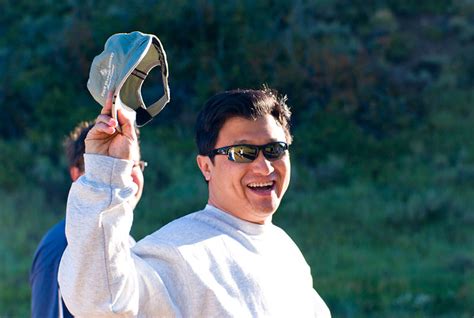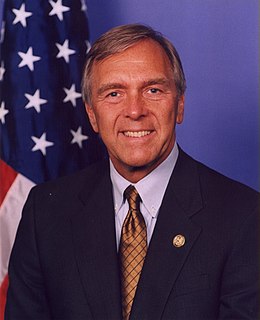A Quote by David Suzuki
Other things, like capitalism, free enterprise, the economy, currency, the market, are not forces of nature, we invented them. They are not immutable and we can change them.
Related Quotes
There are some things in the world we can't change- gravity, entropy, the speed of light, and our biological nature that requires clean air, clean water, clean soil, clean energy and biodiversity for our health and well-being. Protecting the biosphere should be our highest priority or else we sicken and die. Other things, like capitalism, free enterprise, the economy, currency, the market, are not forces of nature, we invented them. They are not immutable and we can change them. It makes no sense to elevate economics above the biosphere.
This is the free enterprise system. The only place in the world that I can recall where companies never failed was the old Soviet Union. This is what investors do in free enterprise and capitalism system. [...[ And, yes, free enterprise system can be cruel. But the problem with this administration is that small businesses are the one who had suffered the most, the kind that need investors, the kinds that don't need the hundreds of pages, thousands of pages of regulations that continue to plague them and have them hold back on the hiring investment.
The great virtue of free enterprise is that it forces existing businesses to meet the test of the market continuously, to produce products that meet consumer demands at lowest cost, or else be driven from the market. It is a profit-and-loss system. Naturally, existing businesses generally prefer to keep out competitors in other ways. That is why the business community, despite its rhetoric, has so often been a major enemy of truly free enterprise.
The nature of the economic system should be a matter for public choice, and free market capitalism should not be accepted without any discussion of the rich variety of alternatives ... Unlike civil laws, economic laws are imposed on people with all the authority of immutable laws of nature. But the economy is created by people, supported by government intervention, regulation, statute and subsidy, and implemented in such a way that it gives substantial wealth and power to a privileged few, while the majority face a life of relentless work, stress and periodic financial insecurity.
I think that the big challenge of the 2020s for the country, and for the Conservative party, is to win the fight for free enterprise and the free society. This is under threat like at no other time in my lifetime. And the way that you do that is by demonstrating the benefits of a free market society.
What most people really object to when they object to a free market is that it is so hard for them to shape it to their own will. The market gives people what the people want instead of what other people think they ought to want. At the bottom of many criticisms of the market economy is really lack of belief in freedom itself.



































